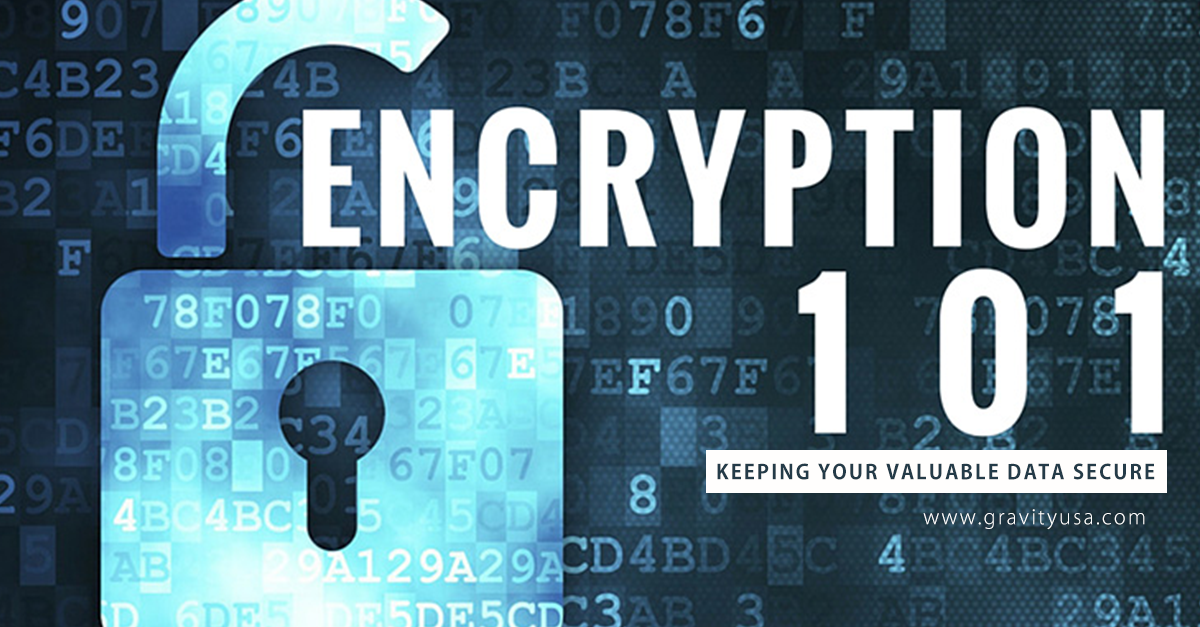If it can happen to Equifax, surely it can happen to anybody. The credit-score giant recently disclosed that up to 143 million people have had their personal information exposed to hackers in a massive database security breach. While maintaining smart update and backup practices can certainly help protect your business's sensitive data from a similar outcome, there's no guarantee that you'll confound 100 percent of all the bad guys all the time. But there is something you can do – and its called data encryption.
Encryption is nothing more than scrambling data so that it cannot be read without the proper key (such as a secret password). The two main types of IT encryption are symmetric key encryption (in which both the sender and recipient use the same key) and asymmetrical public key infrastructure (PKI) encryption, which requires each party to use a different key. Today's state of the art in data encryption adheres to the AES, or Advanced Encryption Standard; currently, the strongest level of encryption within this standard is AES 256, which is trusted for protecting top-secret government and financial data. Unless you have some compelling reason to go with a lower standard, choose this degree of protection for your own business's data encryption.
You can encrypt business data at a variety of points. Examples include:
- Encrypting a top-secret file that is stored among other, non-sensitive data
- Encrypting an entire folder full of sensitive data on a machine that also hosts public information
- Encrypting a master directory containing multiple sensitive folders
- Encrypting an entire machine (especially important if your employees are carrying sensitive data on laptops, etc.)
- Encrypting an entire server

Not sure how to choose or implement the right encryption options for your business? Contact our Austin IT support team and let's talk about it!
Related Post: Just Launching Your Business? Start Strong With Scaleable IT Services




